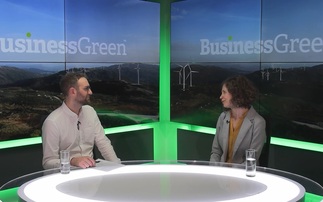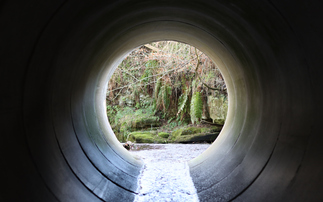If environmental red tape is the source of so many economic woes, why is the evidence of the harm they cause so sketchy?
Serious question: Can anyone think of an environmental regulation that has crippled an economy? I don't mean shaved a few per cent off a polluting company's share price or forced the lucrative fly-tipping...
To continue reading this article...
Join BusinessGreen
In just a few clicks you can start your free BusinessGreen Lite membership for 12 months, providing you access to:
- Three complimentary articles per month covering the latest real-time news, analysis, and opinion from Europe’s leading source of information on the Green economy and business
- Receive important and breaking news stories via our daily news alert
- Our weekly newsletter with the best of the week’s green business news and analysis








